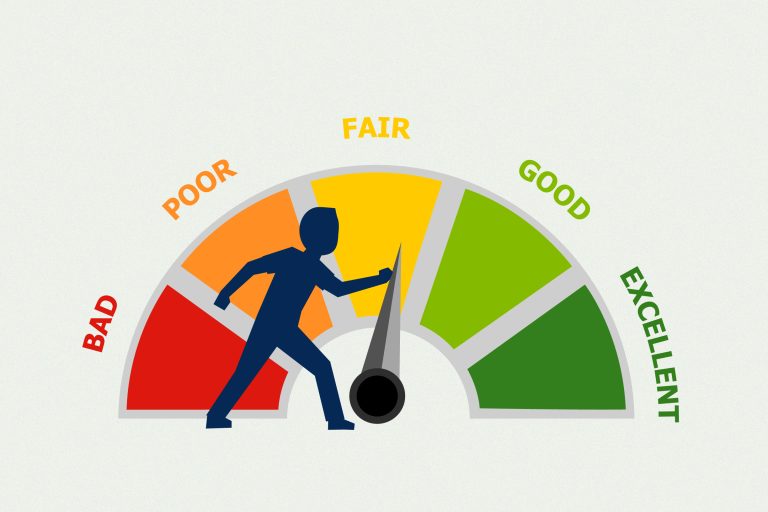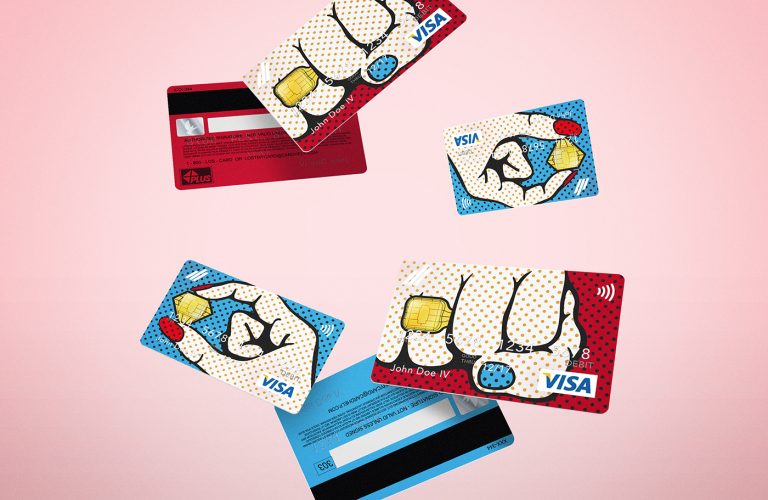Credit Card Security: Protecting Your Finances and Personal Information
Credit cards have become an integral part of our financial lives, offering convenience and flexibility. However, it’s crucial to prioritize credit card security to safeguard your finances and protect your personal information from unauthorized access or fraudulent activities. In this blog post, we will explore essential measures and best practices to ensure the security of your credit cards, empowering you to navigate the digital landscape with confidence.
Choose Strong Passwords and PINs
When setting up online accounts or creating PINs for your credit cards, opt for strong and unique combinations. Avoid using easily guessable information such as birthdays or sequential numbers. Use a mix of uppercase and lowercase letters, numbers, and symbols to create robust passwords that are difficult to crack. Additionally, refrain from sharing your PINs with anyone and change them periodically to maintain security.
Utilize Secure Online Payment Methods
When making online purchases, prioritize secure payment methods. Look for websites that use secure encryption technology, indicated by the presence of “https” and a padlock icon in the address bar. Avoid entering your credit card information on unsecured or suspicious websites. If possible, consider using payment services like PayPal or virtual card numbers that add an extra layer of security by shielding your actual credit card details.
Monitor Credit Card Statements Regularly
Vigilantly reviewing your credit card statements is crucial to identify any unauthorized or suspicious transactions. Set aside time each month to carefully scrutinize your statements, ensuring that all charges are legitimate. If you notice any discrepancies or unauthorized activities, report them to your credit card issuer immediately. Many issuers have fraud protection measures in place and can assist you in resolving fraudulent charges.
Enable Transaction Notifications and Alerts
Most credit card issuers provide options to enable transaction notifications and alerts. Take advantage of these features to receive real-time updates regarding your credit card activity. You can set up alerts for large transactions, online purchases, or any activity that deviates from your usual spending patterns. These notifications can serve as early warning signs of potential fraudulent activities, allowing you to take prompt action.
Safeguard Your Physical Card
Protecting your physical credit card is equally important. Keep your card in a secure location and avoid lending it to others. Be cautious when using your card in public places, ensuring that no one can visually capture your card details or PIN. Shield your card while entering the PIN at ATMs or point-of-sale terminals to prevent unauthorized access. If your card is lost or stolen, report it to your credit card issuer immediately to block any unauthorized usage.
Be Wary of Phishing and Scams
Phishing attempts and scams are prevalent in the digital realm. Exercise caution when receiving emails, calls, or messages asking for your credit card information or personal details. Legitimate organizations will never ask you to provide sensitive information via unsolicited communication. Be skeptical of suspicious links or attachments and verify the authenticity of requests independently before sharing any information.
Utilize Additional Security Features
Credit card issuers often offer additional security features to enhance cardholders’ protection. These may include two-factor authentication, biometric authentication, or virtual card numbers. Take advantage of these features to add an extra layer of security to your credit card transactions. Familiarize yourself with the security tools and settings provided by your credit card issuer and customize them to suit your preferences.
Conclusion
Credit card security is paramount in today’s digital age. By adopting best practices such as choosing strong passwords, utilizing secure payment methods, monitoring statements, enabling transaction notifications, safeguarding your physical card, being vigilant against phishing attempts, and utilizing additional security features, you can protect your finances and personal information from potential threats. Stay proactive, stay informed, and prioritize credit card security to enjoy the convenience


